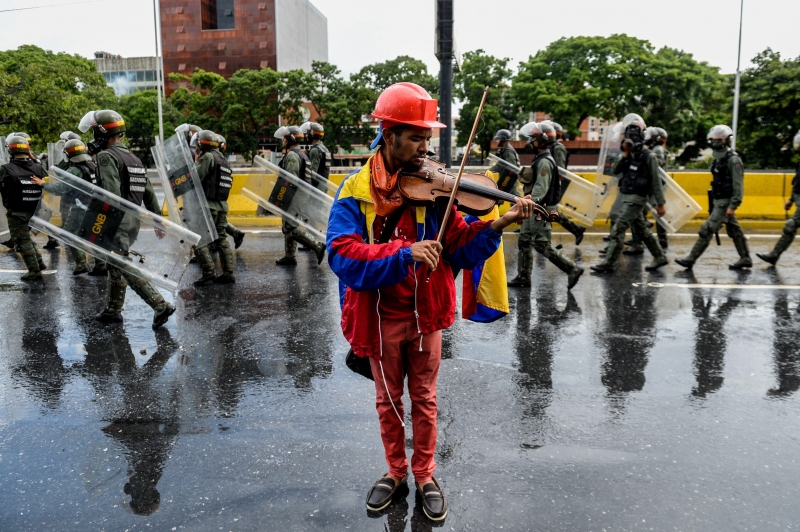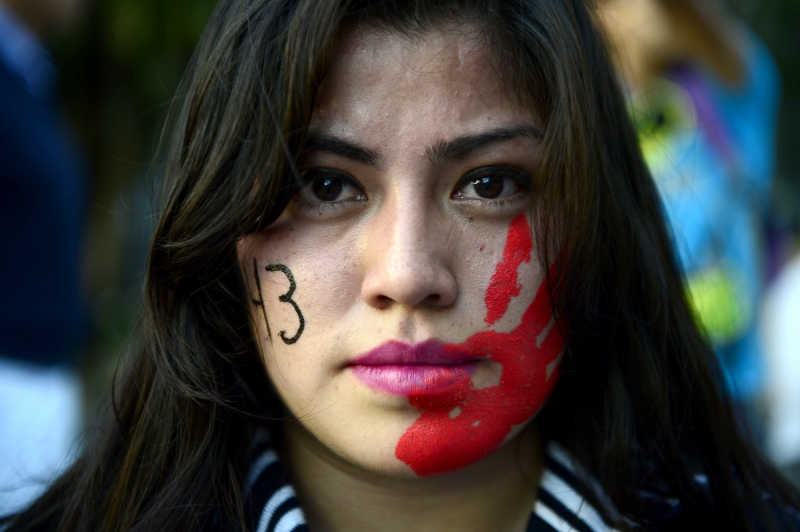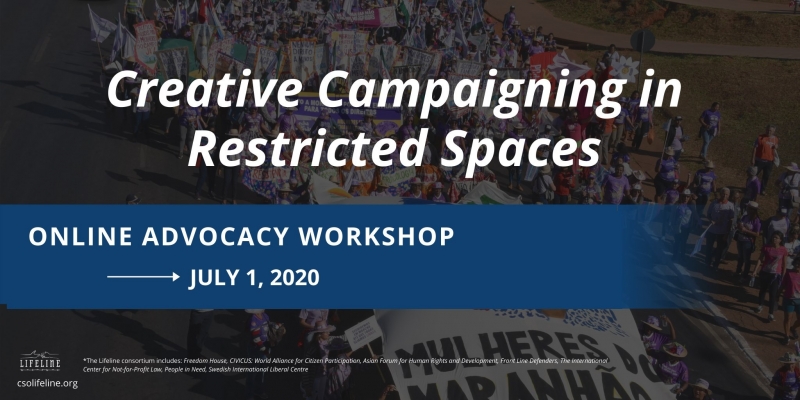The Lifeline Embattled CSO Assistance Fund, a consortium led by Freedom House, released the Advocacy in Restricted Spaces Toolkit, which is intended as a practical resource for carrying out human rights advocacy within restrictive contexts.
In a situation where human rights defenders and CSOs around the world are deeply concerned about the increase of restrictive measures, threats and intimidations on civil society due to the COVID-19 crisis, the toolkit seems as relevant as ever, even though it was created before the outbreak of the pandemic. Thanks to its practical and specific approach, the guiding steps and examples can serve as an empowering inspiration for the work of CSOs in many parts of the world.

If you can’t meet publicly because the government has imposed a prohibition on gatherings of more than five people, how do you engage in advocacy inside your country? Is it even possible? We want to help you find a way to say “yes” to this question! Lifeline embattled CSO Assistance Fund
The toolkit contains guiding steps and questions for advocacy planning, 10 key tactics to apply in restrictive and difficult contexts, as well as additional resources and numerous examples. It includes chapters on the use of regional and international mechanisms, addressing stigmatization, using digital technologies, best practices of Well-Being, among others.
The Lifeline Embattled CSO Assistance Fund is a consortium of the following 7 international non-governmental organizations: Freedom House, ICNL, Frontline Defenders, CIVICUS, FORUM-ASIA, People in Need, and SILC.

Photos: Lifeline Embattled CSO Assistance Fund.


